Global airlines get nearly £100bn in state aid and bailout funding
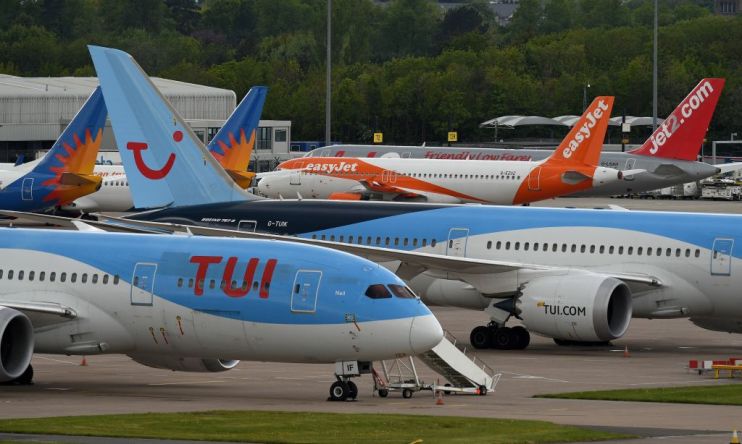
Easyjet last week became the latest airline to indicate that it may need more money from the state to deal with the financial hammering it has taken at the hands of coronavirus.
Around the world, governments have already splashed out a whopping £98.7bn on airlines, a figure that could jump by another $25bn (£19.3bn) if US Congress can approve a new package for US carriers.
Here’s a breakdown of how much governments have provided so far.
UK: £1.8bn
Unlike many countries, the UK has resisted rolling out a sector-specific plan to protect its airlines. Although it said it would offer carriers financial support on a case-by-cases basis, it rebuffed Virgin Atlantic’s plea for £500m earlier this summer.
However, carriers have been able to access emergency loans worth almost £2bn from the Bank of England’s Covid Corporate Financing Facility.
- Ryanair – £600m
- Easyjet – £600m
- British Airways – £300m
- Wizz Air – £300m
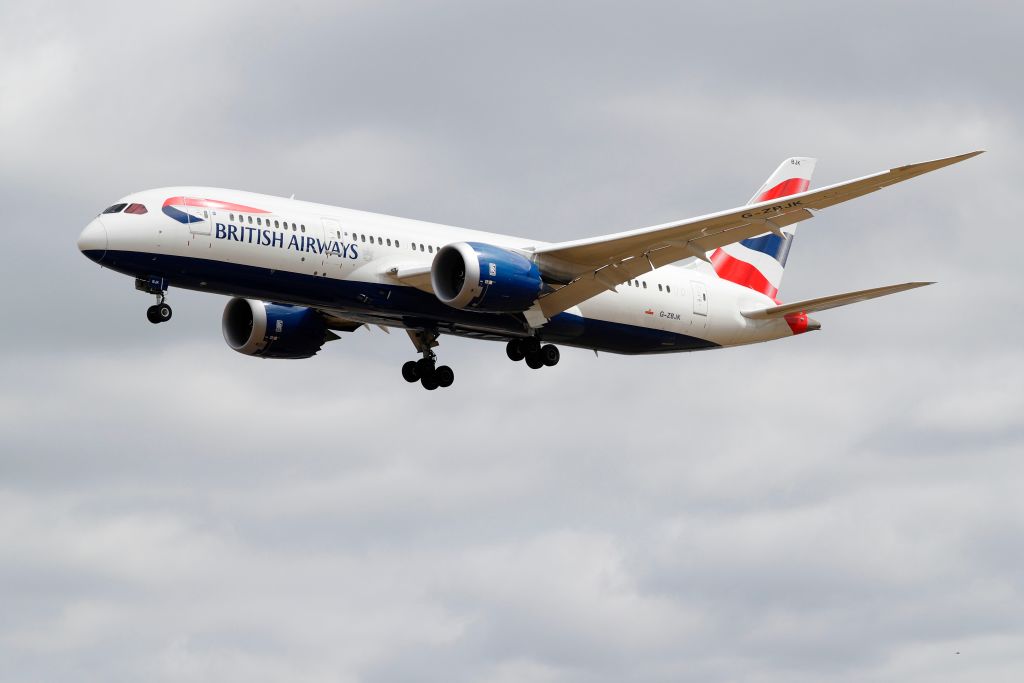
Europe: £29.5bn
In Europe, governments have taken a different tack, offering much needed cash in exchange for taking stakes in the carriers in question.
Way out in front is Lufthansa, which was handed an enormous €9bn in funding by the German state – in return for 20 per cent of the carrier.
The state insists that the deal is temporary.
Franco-Dutch Air France-KLM has also been on the receiving end of governmental generosity, with the respective administrations pouring money into each wing of the group.
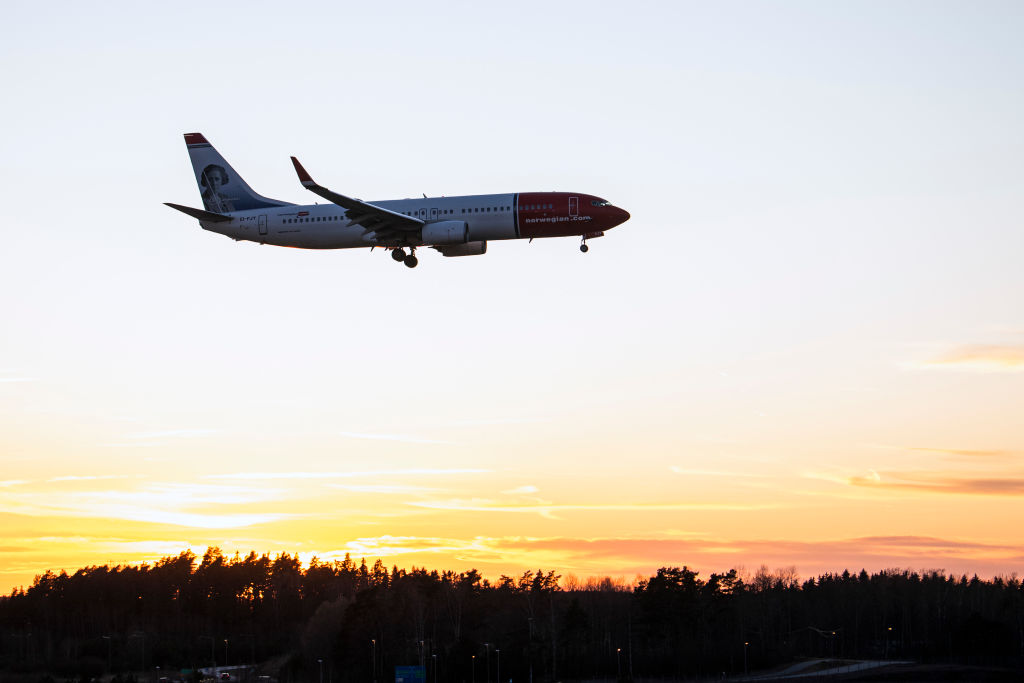
And the pile could yet grow larger, with Norwegian in talks with the Scandinavian country’s ministers over another bailout.
- Lufthansa – €9bn (£8.2bn)
- Air France – €7bn (£6.4bn)
- KLM – €3.4bn (£3.1bn)
- Alitalia – €3bn (£2.9bn)**
- Tui – €3bn (£2.9bn)
- TAP Air Portugal – €1.2bn (£1.09bn)
- Aeroflot – $1.15bn (£850m)
- SAS – €1bn (£900m)
- Iberia – €750m (£692m)
- Finnair – €600m (£545m)
- Condor – €550m (£500m)
- Austrian Airlines – €450m (£408m)
- Brussels Airlines – €290m (£263m)
- Norwegian – 3bn Norwegian Krone (£250m)
- Vueling – €260m (£236m)
- Air Baltic – €250m (£227m)
US/North America: $38.6bn
Again, in the US officials have gone for another option, rolling out a $25bn (£19.3bn) package of grants for the sector designed to keep employees on company payrolls.
Another $25bn has been made available to airlines through state-backed loans, though most carriers have sought to avoid tapping these.
Only American Airlines has taken a Treasury-funded loan, worth $4.8bn (£3.7bn) with Southwest and Delta both turning to private sources instead.
With the payroll grant money now having run out, carriers are pleading for a new round of funding to prevent them from making vast job cuts.
American and United Airlines have begun placing a combined 32,000 staff on unpaid leave due to the money running out.
Last week Donald Trump urged Congress to pass a new package which would see airlines receive an extra $25bn.
Canadian unions have also pushed for a $5.3bn bailout for the country’s airlines, although a deal is not yet agreed.
Asia: £21.5bn
With countries in the far east the first to implement travel restrictions as the coronavirus began to spread at the beginning of the year, airlines across the continent saw passenger numbers plummet before the rest of the world had woken up to the crisis.
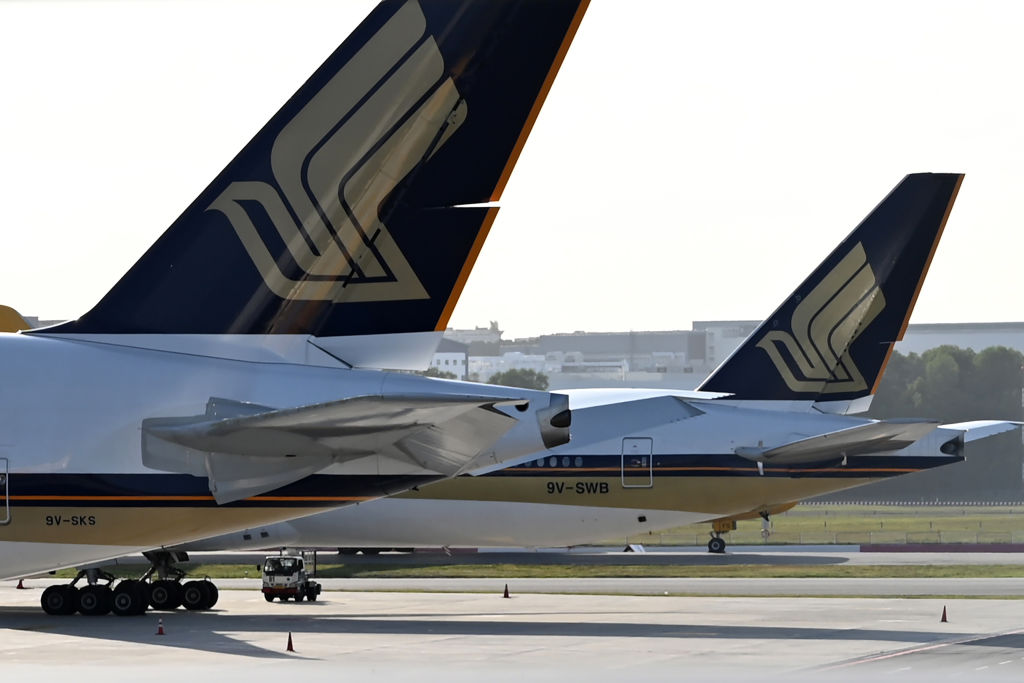
Carriers such as Virgin Australia fell into administration as borders shut, while a number of other airlines tapped authorities for desperately needed cash.
- Singapore Airlines – S$19bn (£10.8bn)
- China Eastern Airlines – 31bn yuan (£3.5bn)
- Cathay Pacific – Hong Kong $29bn (£2.9bn)
- Thai Airways – $1.8bn (£1.4bn)
- Australia – AUS$2.7bn general package (£1.5bn)
- Garuda – $1bn (£800m)
- Air New Zealand – NZ$900m (£450m)
- Air Asia – 1bn ringgit (£180m)
Latin America: £2.69bn
Save some exceptions like Brazil, which never fully shut its commercial airspace, flights across Latin America stopped in mid-March.
Traffic flatlined for two months, but airlines saw less help than much of the rest of the world.
LATAM and Avianca, two of the continent’s biggest carriers, were taken to bankruptcy court as a result of the shutdown, before receiving emergency funding deals.
- LATAM Air – $2.5bn (£1.9bn)
- Brazil (Gol and Azus) – $660m (£506m)
- Avianca – $370m (£280m)
Middle East/Africa: £4.6bn
Some of the jewels of global aviation are located in the Middle East, with carriers such as Emirates and Etihad considered the world standard for luxury in aviation.
Many of the region’s airlines are fully owned by various Gulf states, meaning that in some cases the levels of financial support were not disclosed.
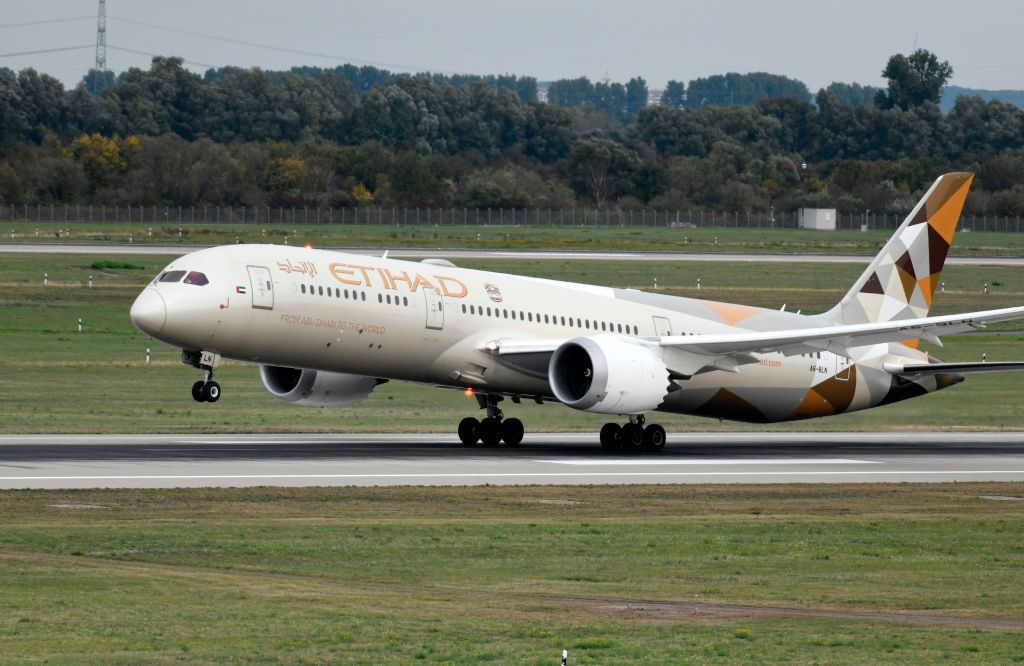
Etihad’s chief exec Tony Douglas, for example, said that the carrier had received “remarkable support” from the Abu Dhabi government.
- Emirates – $2bn (£1.5bn)
- Qatar – $1.95bn (£1.5bn)
- South Africa Airways – $1.2bn (£900m)
- Kenyan Airways – $750m (£575m)
- Egypt Air – $191m (£147m)